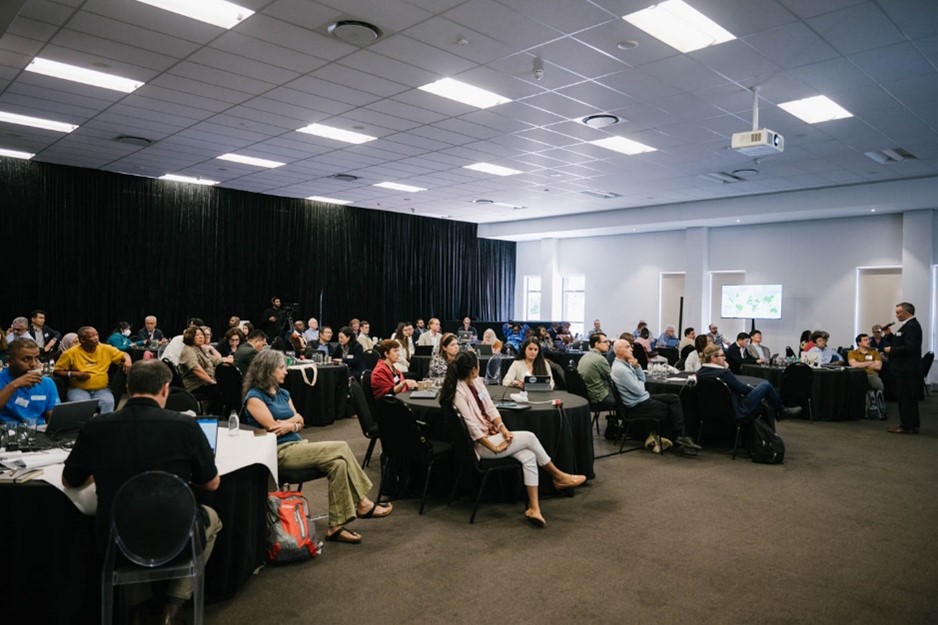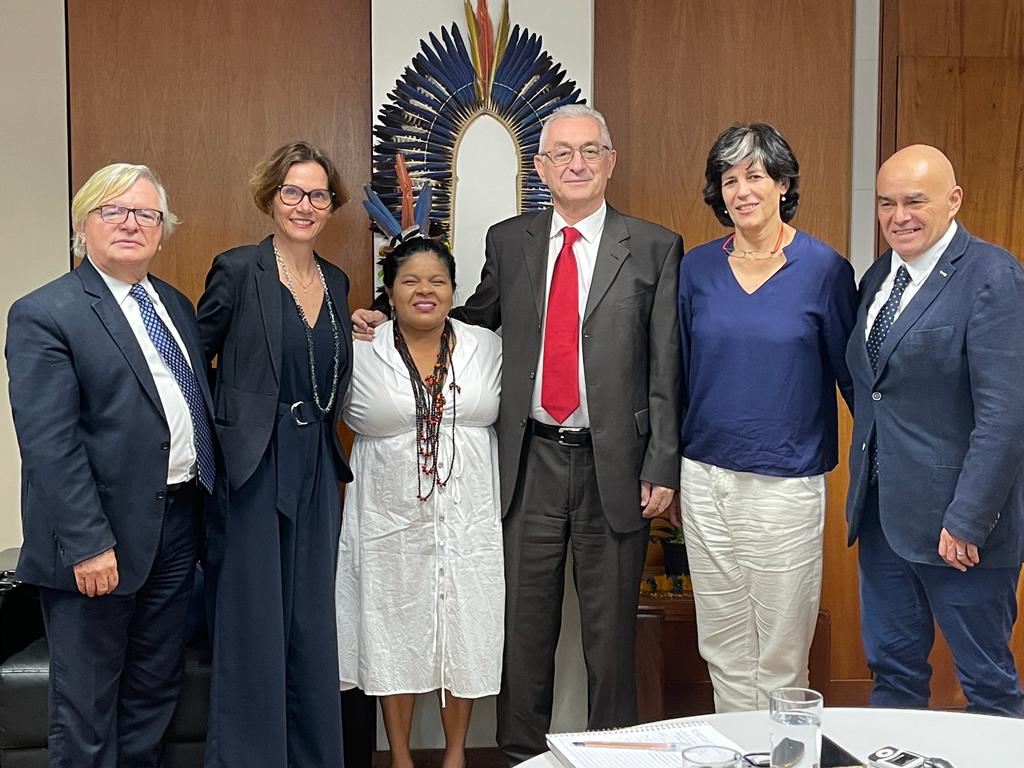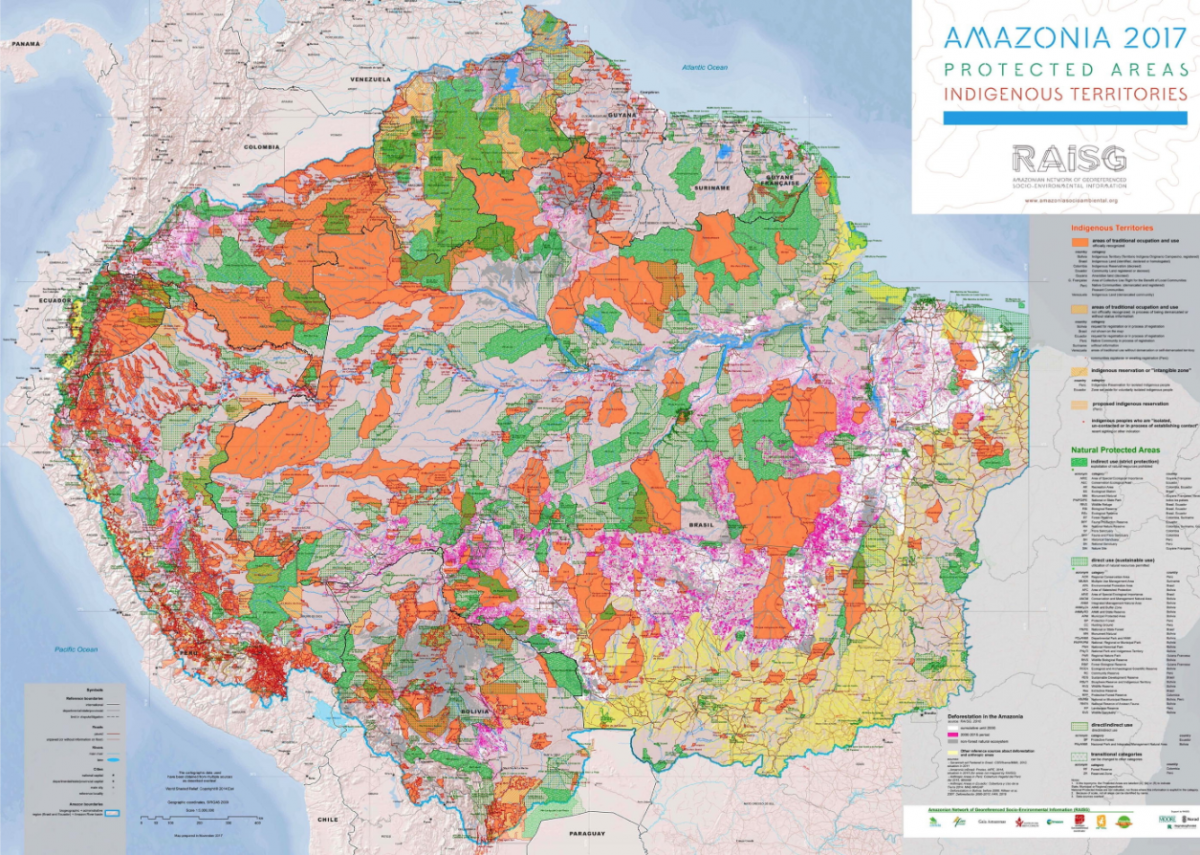Green List Forum: a deep reflection on the future of global conservation
In December 2023, a seminal event took place in Cape Town, South Africa, bringing together experts to discuss the progress and challenges of the IUCN Green List Programme.
Environmental conservation, through protected areas, is a cornerstone in the battle against biodiversity loss and in protecting vulnerable ecosystems against human development pressures. These areas not only shelter endangered species but also act as bulwarks against environmental degradation. Thus, effective management of these areas is an indispensable requirement to ensure their preservation and the equitable distribution of their benefits.
Historically, the international community has rallied around common goals, as evidenced by initiatives such as the Convention on Biological Diversity (CBD) and its Aichi and Kunming-Montreal targets, reflecting a global commitment to the expansion and protection of conserved areas. However, despite these significant advancements, questions of efficiency and equity in the management of these areas often remain unaddressed, casting doubts on the true effectiveness of these conservation measures.
To tackle these challenges, a variety of assessment tools and systems have been developed, both internationally and nationally, aiming to measure and promote effective and equitable management of protected areas. Notable among these are initiatives like RAPPAM, METT, EoH, GAPA, and SAMGe in Brazil, which offer a framework for evaluating the management of these areas.
In this effort, IUCN has been a leader in developing and promoting the Green List of Protected and Conserved Areas Program, a global standard that seeks not only to recognize but also to incentivize effective and equitable management of protected areas worldwide. This program, which has evolved over the years and been solidified at key events like the World Parks Congress and Conservation Congress, aims to establish rigorous criteria for the certification of protected areas, thus promoting more efficient and just conservation.
The Green List Forum held in December 2023 represented a pivotal moment for evaluating and discussing the future of the program. With the participation of over 120 experts, including members of partner organizations, Green List Expert Assessment Groups (EAGLs), and other supporters, the event served as a platform for the exchange of experiences and the establishment of strategic guidelines for the program's evolution.
It's important to highlight the significant presence of South American representatives, who, in addition to contributing global perspectives, strengthened regional bonds and shared valuable local experiences in applying the Green List standard. This exchange of knowledge and practices underscores the importance of a collaborative and inclusive approach to environmental conservation.
The Forum also emphasized the need for effective and continuous communication about the Green List standard, highlighting the essential role of platforms like COMPASS and Engage in fostering a global conservation community. Furthermore, the participation and commitment of Indigenous Peoples and local communities were recognized as fundamental to the program's success, underscoring the importance of integrating diverse visions and knowledge in the management of protected areas.
In conclusion, the 2023 Green List Forum not only assessed the current state of the program but also illuminated paths toward a more efficient and equitable future in conservation, outlining a promising course for the global strengthening of protected areas.
References:
-
IUCN. (2024, January). Other effective area-based conservation measures in Brazil: Conclusions from a talk with Dr. Stephen Woodley. Retrieved from https://www.iucn.org/es/blog/202401/otras-medidas-eficaces-de-conservacion-espacial-en-brasil-conclusiones-de-una-charla
-
Hockings, M., et al. (2019). The IUCN Green List of Protected and Conserved Areas: Setting the standard for effective area-based conservation. Parks, 25(25.2), 57-66. Retrieved from https://parksjournal.com/wp-content/uploads/2019/12/PARKS-25.2-Hockings-et-al-10.2305-IUCN.CH_.2019.PARKS-25-2MH.en_-1.pdf
-
IUCN. (2018). IUCN Green List of Protected and Conserved Areas: Standard, Version 1.1: The global standard for protected areas in the 21st Century. Retrieved from https://portals.iucn.org/library/sites/library/files/resrecrepattach/IUCN%20Green%20List%20Standard%20Version%201.1%20-%2025%20September%202018%20update_0.pdf
-
Green List of IUCN. (n.d.). Discover the sites on the IUCN Green List of Protected and Conserved Areas. Retrieved from https://iucngreenlist.org/explore/
-
Protected Planet. (n.d.). Retrieved from https://www.protectedplanet.net/en
-
IUCN Engage. (n.d.). Retrieved from https://engage.iucn.org/
-
(PANORAMA. n.d.). Solutions for a Healthy Planet. Retrieved from https://panorama.solutions/
-
National Geographic Spain. (n.d.). Doñana Falls Off the IUCN Green List, What Does It Mean? Retrieved from https://www.nationalgeographic.com.es/medio-ambiente/uicn-excluye-a-donana-su-lista-verde_21286
-
ACT30. (n.d.). Mapping Diverse and Effective Pathways to Conserve 30% of Our Planet. Retrieved from https://act30.org/
Disclaimer
Opinions expressed in posts featured on any Crossroads or other blogs and in related comments are those of the authors and do not necessarily reflect the opinions of IUCN or a consensus of its Member organisations.
IUCN moderates comments and reserves the right to remove posts that are deemed inappropriate, commercial in nature or unrelated to blog posts.




